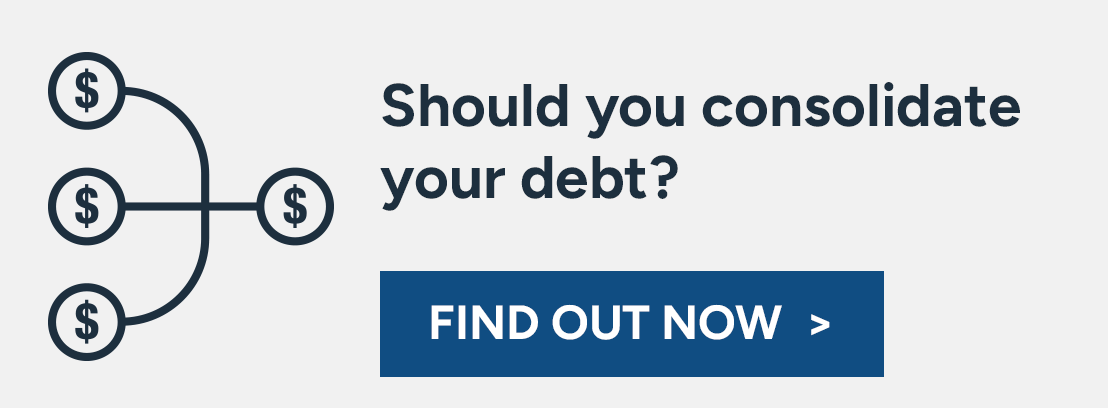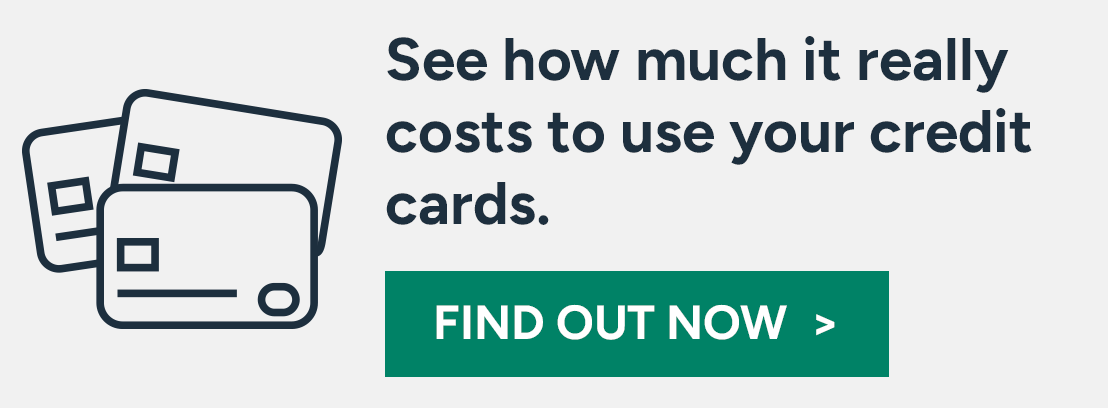 The negative consequences of debt settlement plans can be more damaging to your financial health than initially expected.
The negative consequences of debt settlement plans can be more damaging to your financial health than initially expected.
Understand the Hazards of Debt Settlement Plans: Prioritize Debt Management
Managing debt is often a daunting task, especially if you find yourself in a situation where your financial liabilities outweigh your income. While you might be tempted to seek immediate relief through a debt settlement company, it’s important to recognize the potential risks and hazards associated with such programs. Before you decide, consider more sustainable options, such as debt management.
Debt Settlement: A Risky Shortcut
In theory, debt settlement programs promise a quick fix to your debt problems. These companies negotiate with your creditors on your behalf, aiming to reduce the overall debt you owe. However, this seemingly straightforward solution hides several dangers:
-
Credit Score Impact
Opting for a debt settlement can cause significant damage to your credit score. Debt settlement companies often advise you to stop making payments to your creditors during the negotiation process, leading to late payments and defaults that stay on your credit report for up to seven years.
-
Fees and Hidden Costs
Many debt settlement companies charge hefty upfront fees, monthly service fees, or even a percentage of the debt they eliminate. These costs can add up quickly, exacerbating your financial strain instead of alleviating it.
-
Creditor Harassment
While your debts are being negotiated, creditors may continue their collection efforts, which can include harassing phone calls, emails, or even legal action.
-
Tax Implications
The IRS often considers forgiven debt as taxable income. This means that even if a debt settlement plan reduces your total debt, you may find yourself facing a larger tax bill.
The Debt Management Alternative
Instead of risking the pitfalls of debt settlement, a more constructive approach to handling your debt is implementing a debt management plan. As a strategy for sustained financial stability, debt management focuses on repaying your debt in full, but with negotiated terms that make payments more manageable.
Structured Repayment
Under a debt management plan, credit counseling agencies work with your creditors to establish a new, consolidated monthly payment that fits your budget. This payment is distributed among your creditors until the debts are paid in full.
Preserving Your Credit Score
While a debt management plan will be noted on your credit report, it’s often viewed more favorably than a debt settlement by lenders. Since the plan involves paying off the entirety of your debts, it demonstrates responsible financial management.
No Hidden Costs
Reputable credit counseling agencies, particularly non-profit ones, often charge minimal or no fees for their services. They prioritize helping you navigate your financial struggles rather than profiting from them.
Long-term Financial Health
Debt management isn’t just about handling current debt; it’s about building a financially secure future. Credit counseling agencies typically offer resources, education, and tools to help you manage your finances more effectively in the future.
In conclusion, while the allure of a quick solution like a debt settlement can be tempting, it’s important to recognize the potential hazards. Prioritize sustainable, long-term strategies like debt management to ensure your financial health and stability. Always remember to seek advice from accredited and reputable credit counseling agencies before making a decision. By taking control of your debt in a responsible way, you’re taking a significant step towards financial freedom.
American Consumer Credit Counseling’s Experts Can Help You
Before you decide to apply for debt settlement, it’s a smart idea to talk with a financial professional like the credit counselors at American Consumer Credit Counseling (ACCC). As a nonprofit agency, we’ve been helping people get out of debt and make a plan to live debt-free since 1991. We provide free credit counseling that can help to evaluate your financial situation, identify all the options getting out of debt – including debt consolidation vs debt settlement – and help you decide which option will help you best achieve your financial goals.
 The negative consequences of debt settlement plans can be more damaging to your financial health than initially expected.
The negative consequences of debt settlement plans can be more damaging to your financial health than initially expected.


